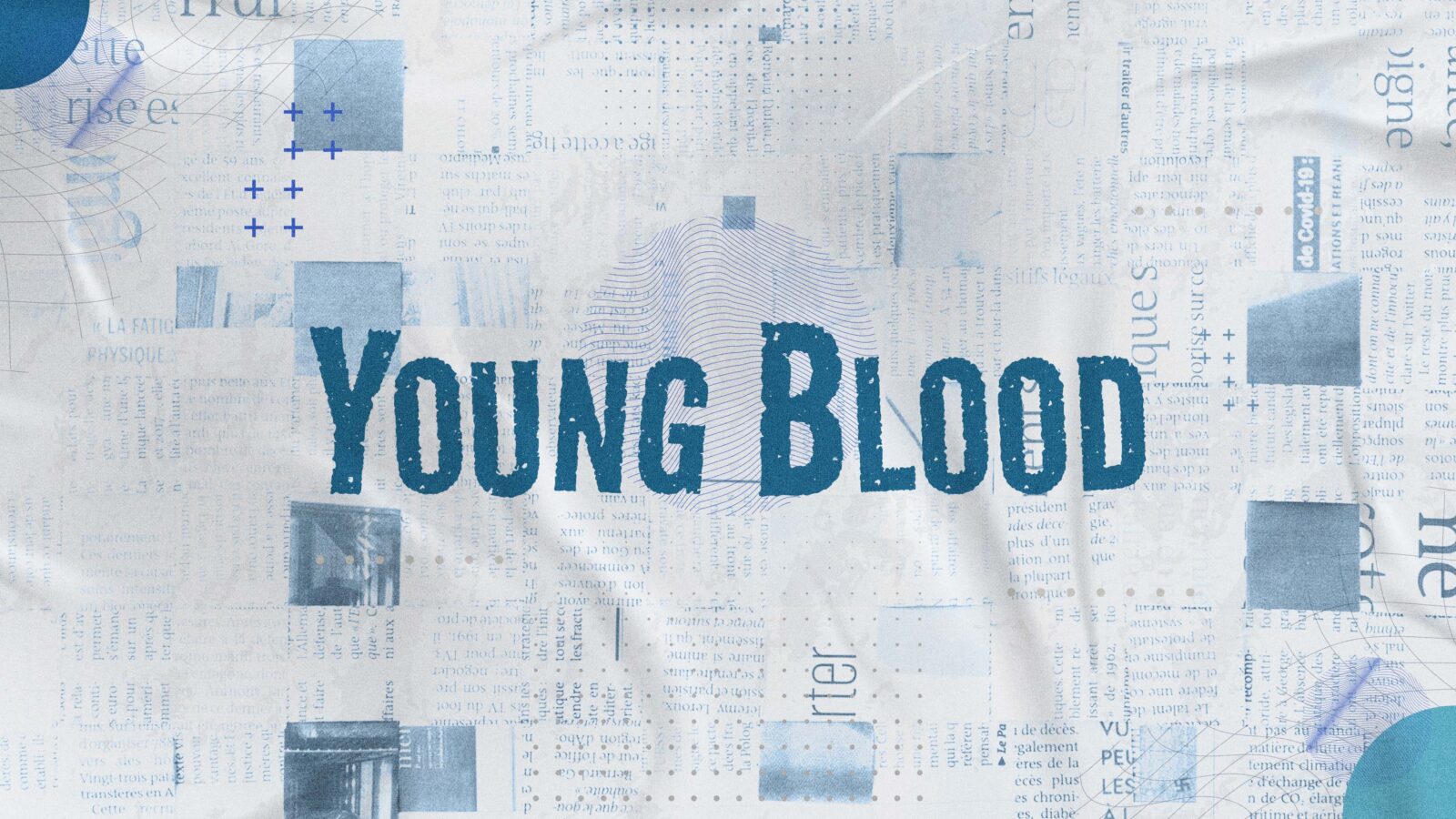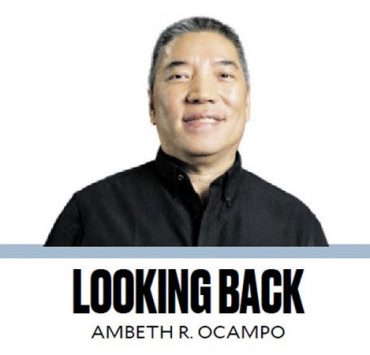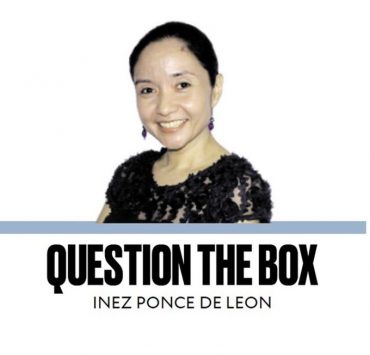A decision to face before turning 30

For years, I had believed that one’s brilliance and relentless hard work, and maybe just a few drops of good luck, could outweigh the burdens and constraints one is born into.
In my late teens and 20s, I carried the weightlessness of potential, that marvelous currency of youth that seems inexhaustible until suddenly, it isn’t. Now, as my 30th year approaches, I find myself confronting the one truth I thought I had evaded: we are all, in the end, tethered to our personal histories.
The realization came like a slow, persistent dusk. In the half-light of my late 20s, I began to discern the outlines of my limitations—not the imagined ones that had haunted my youth, but the real boundaries formed by decisions made or unmade, by privileges granted or withheld, by the lottery of birth and circumstance that shapes us before we can shape ourselves.
I had chosen art.
With the conviction of someone who believes they are exceptional enough to defy probability, I pursued creation and expression over security. There is beauty in this choice. But beauty provides cold comfort when faced with a grandmother needing a crucial medical treatment I cannot afford, or a mother with a worrying growth on her shoulder that remains unexamined because examination costs money I do not have.
In these moments, I feel the weight of my personal history bearing down with merciless clarity. The choices made years ago, to pursue art rather than entrepreneurship or marketing, reveal themselves not as brave rebellions against conformity but as links in a chain of consequence that now binds me to certain realities.
This is what awaits at the threshold of 30: the understanding that we are not only architects of our futures but inheritors of our pasts. The financial illiteracy of my forebears becomes my struggle; their health-care decisions become my responsibilities; their unexamined choices become my limitations. For others, it might come in the form of an upbringing hollowed by disappointment and unfavorable comparisons, or illnesses that travel down the family line like heirlooms no one wants but only the damned receive. It might be a childhood full of longing so persistent that its emptiness echoes long after the child is not-a-child. And then there are our own earlier decisions, made with the bravado of youth or the naivety of inexperience, which harden into the conditions under which we now must live.
Standing at this crossroads, we are given a choice that defines the decades to come: Will we allow the accumulated weight of our histories to ground us permanently, or will we find ways to carry that weight while still moving forward?
For some, the answer is capitulation. They become the adult husks I see around me, dead-eyed and numbed because that’s the only way to keep living, to keep moving, when you’ve been dead for so long. They surrender to the weight, allow it to press them into smaller and smaller versions of themselves until they diminish into something so reduced even their child selves would look upon them with disbelief and disappointment.
I want more. I want so much more out of this life.
Perhaps this is the one lesson worth carrying into my 30s: that the rebellion against the chains of personal history is not a battle won once and forever but a daily act of resistance. It is hard, often painfully so. The odds are indeed “stacked against you,” particularly when you “want a life out of your league,” as I do. But the alternative seems far more painful.
I sometimes think of my father telling my mother to take him to the government hospital if he ever had another stroke. Government hospitals cost less. They’re also the perfect place for the dying to die as they wait in a long line, dying, waiting hours or days for medical attention that may or may not come. This is not a singular choice but one shaped by economic reality, by a lifetime of decisions both his and others’, by systems long designed to value some lives over the rest. When faced with such a moment myself, what will guide my actions? Will it be the weight of my history, pressing me toward certain inevitabilities? Or will it be the conviction that even now, even here, there remain possibilities for transcendence?
Eventually, everyone arrives at a crossroads where decisions are made, and the weight of their history becomes either a binding anchor or a strengthening force. I do not yet know whether I can do the latter. But in acknowledging the weight itself, in refusing the comforting notions of limitless possibility or predetermined defeat, I hope to take the first step toward a kind of freedom found only through 29 years of hard-won confrontation with reality.
I want to believe that somewhere in that struggle lies the possibility of a life that honors both where we have come from and where we might still go.
—————-
John Pucay, 29, is a full-time writer and artist. He is a scholarship awardee of the 2025 Iceland Writers Retreat, and his novel was named a “Reading Allies’ Favorite Read” by Fully Booked. His website is: johnpucay.com. He turns 30 in August.

















